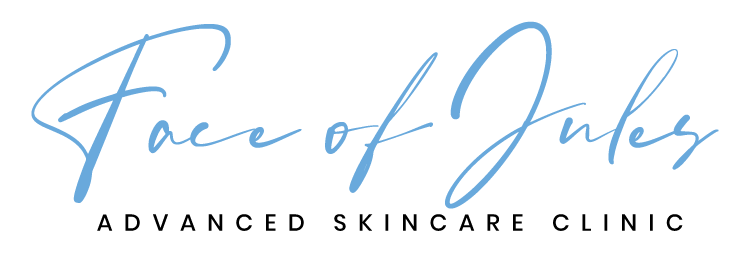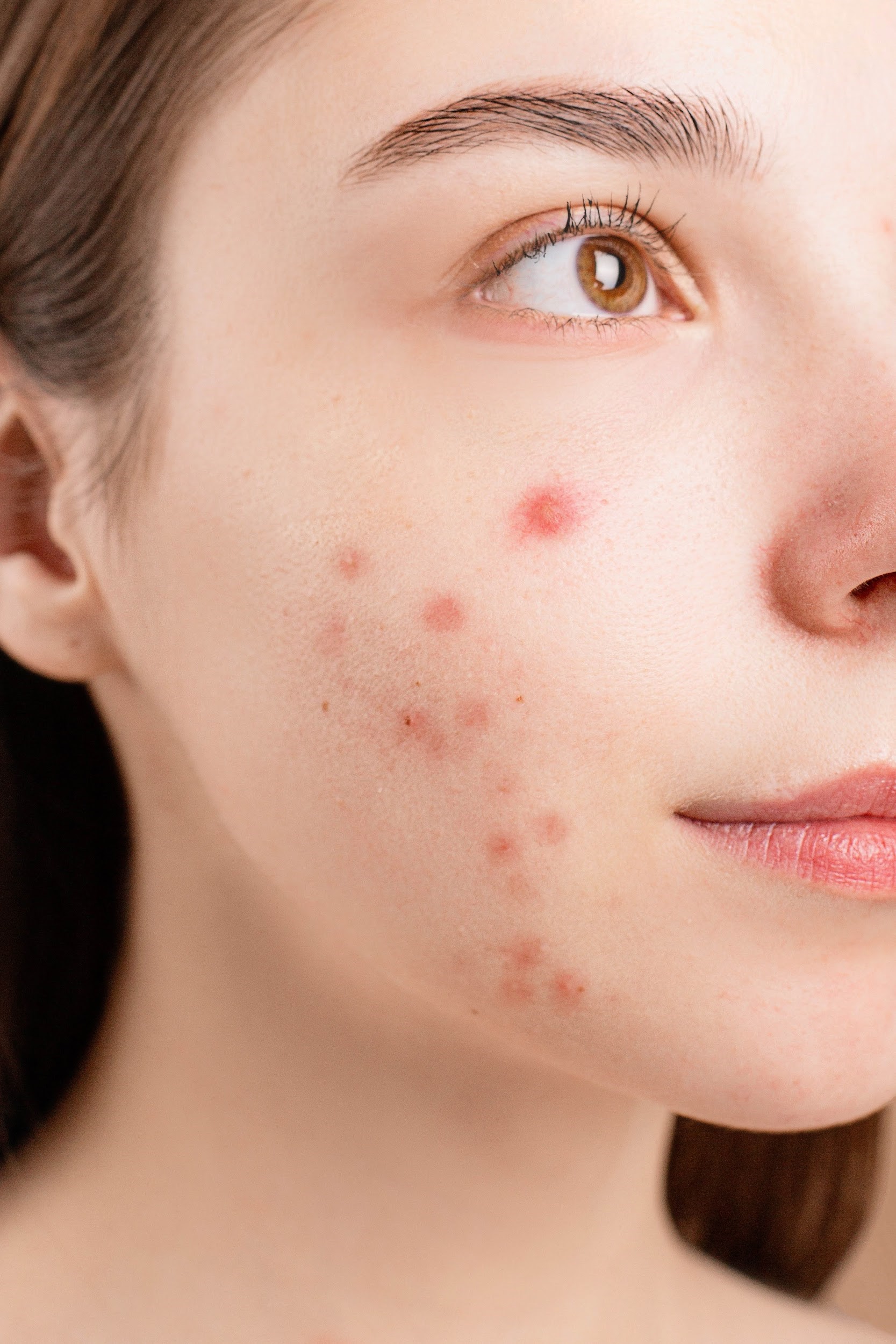A commonly held suspicion among acne sufferers is that their shampoo might be the silent perpetrator behind their recurrent breakouts. Are you one of them? Let’s dive deep into the facts and debunk the myth, or validate the belief.
Does Your Shampoo Contribute to Acne?
Daily, we rely on shampoos to cleanse and rejuvenate our hair. But, have you ever pondered if the same shampoo might be instigating your acne breakouts?
The answer to this might surprise you. Yes, specific components in shampoos can potentially set off acne, predominantly when they come in contact with your skin, specifically on your scalp, face, neck, and back.
To determine if your shampoo is stirring up acne, monitor for signs of breakouts shortly after you utilize a particular product. You may also consider alternating brands or abstaining from shampoo usage for a few days to see if your skin improves.
Acne that appears on your face, neck, or back – areas where your hair frequently rubs against your skin – might hint that your hair products are at fault. Certain ingredients in shampoos can cause acne by blocking the pores, especially oil-based ingredients such as petroleum, silicones, jojoba oil, shea butter, and cocoa butter.
Culprit Ingredients in Shampoo
Are you wrestling with persistent acne despite using a variety of skincare products and avoiding oil and fragrance? You might be shocked to discover that your shampoo could be the culprit. Many components found in everyday hair care products are known to induce acne, causing a conundrum between maintaining luscious hair and a clear complexion.
The most obvious indication that your shampoo is triggering those breakouts is when you observe breakouts shortly after using a specific shampoo. In such instances, consider switching brands or abstaining from shampoo usage on certain days of the week to see if your skin condition improves.
Recognizing Acne-Inducing Shampoo
To ascertain whether your shampoo is the instigator of your breakouts, first, observe when and where you’re experiencing acne flare-ups. If they occur primarily along your hairline, forehead, nape of the neck, or upper back and shoulders, your shampoo may be to blame.
Comprehending the Role of SLS and SLES in Acne
SLS and SLES are foaming agents, responsible for that thick, luxurious lather we all adore in our shampoos. They also function as detergents, effectively removing stubborn grease and grime.
However, issues arise when these chemicals contact your skin, as they can potentially cause irritation or even contact allergies in some individuals.
How do these shampoo ingredients lead to acne? The problem lies in their capacity to damage your skin’s acid mantle, a protective layer of fatty acids that keeps harmful substances and bacteria at bay.
SLS and SLES, being detergents, do not discriminate between dirt and essential skin components. They strip away the protective fatty acids, consequently weakening your skin barrier function.
When your skin’s defense system is compromised, harmful bacteria can easily infiltrate your skin, resulting in increased sensitivity, moisture loss, and acne breakouts. This is the same reason why you should never use regular soap on acne-prone skin areas.
If you suspect that your shampoo is causing your acne, it’s time to make a change. Look for a shampoo without SLS or SLES on the ingredient list, or opt for styling products specially formulated for sensitive or acne-prone skin.
Best Hair Care Products for Acne-Prone Skin
Tired of dealing with acne breakouts caused by hair care products? Many hair products contain ingredients that, while excellent for your hair, can have a negative impact on your skin.
Fear not, there are fantastic hair care products that won’t contribute to breakouts and will allow your skin to breathe easy.
SEEN Haircare is a dermatologist-formulated line that is clinically proven to be non-comedogenic and non-irritating. This brand takes all skin types into account and is free from sulfates, phthalates, silicones, dyes, and pore-clogging oils.
Tips to Prevent Shampoo-Induced Breakouts
First, identify if it’s your shampoo or your conditioner that’s causing breakouts. Monitor the acne on your face, neck, and back. If you notice breakouts after washing your hair, try switching shampoos, or even consider skipping shampoo on certain days. Pay attention to how your skin reacts and adjust your haircare routine accordingly.
Next, scrutinize the ingredient list of your shampoo and conditioner. Look for acne-triggering components like oil-based products, petroleum, silicones, jojoba oil, shea butter, cocoa butter, and coconut oil.
Instead, opt for products containing milder alternatives like sodium laureth sulfate (SLES) and choose ‘fragrance-free’ options, as they are often gentler on sensitive skin.
When selecting a shampoo, consider ones that are specially formulated for acne-prone and oily skin, and avoid acne-causing ingredients.
Finally, always rinse your hair thoroughly after shampooing, ensuring no residue is left on your scalp or skin. After rinsing out your shampoo and conditioner, it’s also a good idea to wash your face and body to remove any lingering product that could cause breakouts.
Summary
There is no definitive evidence that shampoo directly causes acne, but certain ingredients found in common hair care products can clog your pores and trigger breakouts.
If you suspect that your shampoo is causing your acne, try switching brands or using an alternative product that is specifically formulated for sensitive or oily skin.
Remember to rinse off any remaining hair product residue after every wash, and make sure to wash your body afterward too! With these simple steps in mind, you should be able to enjoy beautiful locks without worrying about breakouts again!

